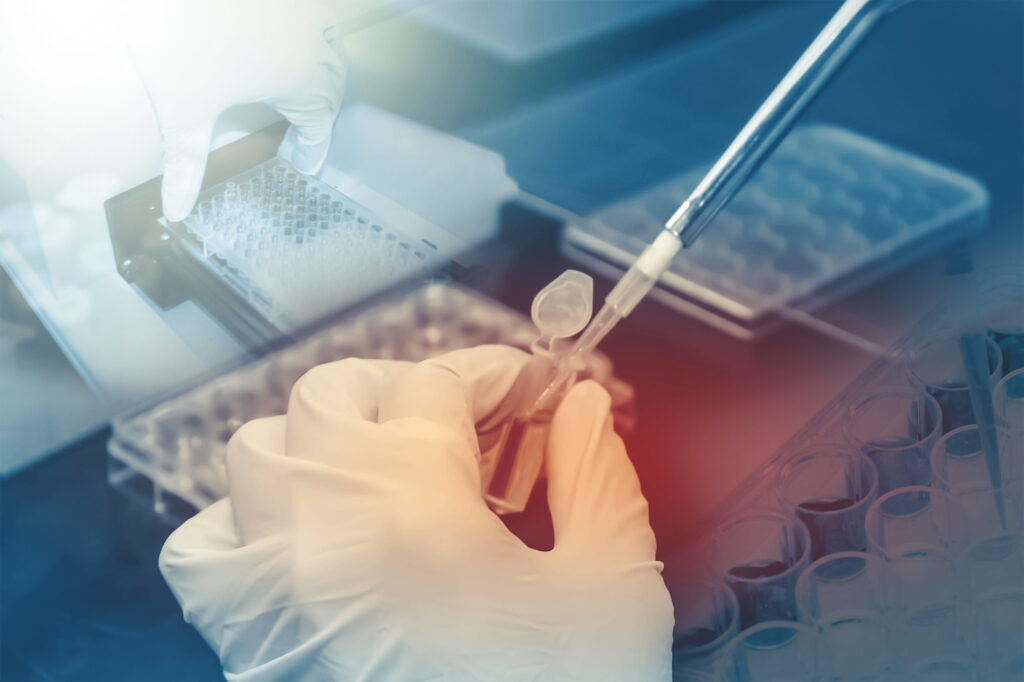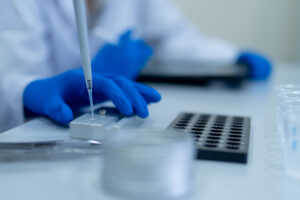Genetic testing is a huge and increasingly popular trend. With its current higher visibility, much-reduced price tag, and better science to back it up, more and more people are finding they have access to a very diverse array of genetic testing-based information. New companies spring up every day, but not all genetic testing companies are created equal. There are several considerations you will want to take into account.
If it’s health-related for yourself, your child, or a loved one, you may also want to look into genetic counseling. Have you been referred by a doctor for genetic health testing? Is this a personal hobby or passion, delving into your family history to discover fascinating details about where your ancestors came from, or perhaps where just one very close ancestor came from… as in, a paternity test?
Genetic testing for cats and dogs is also a thing, believe it or not, so if you’re out there looking for answers for your pet, that’s available somewhere. People use genetic testing for a wide variety of purposes, including as a decision-maker for skin-care regimens, vitamins, and general health planning. On a more serious note, rare disease genetic testing can detect a risk factor for multiple diseases including familial cancer and many rare diseases.
Genetic testing: your best match-up
If you’re wondering about the huge variety of genetic testing companies out there and considering which one may be best for you, the first thing you need to know is what you want the testing for. Whether it’s genetic testing that will lead to ancestry or genealogical results, or more health-focused testing that will study your genetic material for a disease or the likelihood of getting one based on your genes, genetic testing companies can cover a lot of ground, but there is no one genetic testing company that has it all.
When looking for ancestry testing, it’s easy to find the companies that offer genetic testing with those results. But for genetic testing that can check for chromosomal abnormalities or genetic markers of severe or rare disease, with more detailed and often life-changing information, you do want a more serious and well-respected provider. Genetic testing companies abound, but look for one that has multiple accredited medical providers such as licensed physicians and researchers, as well as genetic counselors, on staff.
Genetics testing companies’ ancestry-testing methods
When choosing among genetic testing companies, there are various qualifications you’ll look for. You will also want to think about methodology as it can impact the type of results you can request. Each company offers different types of testing.
For genealogical testing, three types of DNA tests are used:
Autosomal DNA testing can identify family members from between five to seven generations ago, bringing information about both maternal and paternal sides of the family.
A Y-DNA test is male-only: it will only work for persons who have a Y chromosome, that is to say, men in that sense. This test can trace only male family members from the paternal side of your family, and supposedly it can trace back up to 60,000 years. Some people use this to trace the history of a family name.
MtDNA testing, or mitochondrial DNA testing, is available to both males and females. It can find genetic relationships from the maternal side of the family, for what they claim can be up to 150,000 years back.
Whichever company you choose, you will at some point be presented with the DNA test results and an analysis, since of course the average person cannot be expected to understand the results without them. Some may give you a glimpse into possible relatives, with a set of possible matches from their databases. This could allow you to meet family members or distant relatives you never knew you had. Ancestry-type testing may also offer some insight into your susceptibility to genetic diseases and disorders.
Testing for cancer: genetic testing and genomic testing
While genetic and genomic testing sound similar, they are quite different. Genetic tests can help ascertain whether there are inherited mutations in the genes that increase cancer risk. Genomics analyzes an active tumor to discover its molecular composition. This may help find gene mutations that could be causing certain behaviors and directions that the cancer is taking. This test will be set up by your doctor if you have an existing tumor with a biopsy sent for analysis. Results of either or both of these types of tests may help determine the best course of action and treatment for the specific type of cancer being dealt with.
If your healthcare provider has referred you for diagnostic genetic testing, if you have a family history of rare disease or related symptoms, or if you simply have a feeling that someone you love could benefit from rare disease diagnosis and treatment, it is worth looking into your options. Rare disease genetic testing may be covered by your healthcare system. If not, or if it is your choice to look into further genetic testing aside from any that has been recommended for you, there are private genetic testing options available.
Genetic testing for rare diseases and syndromes
If your healthcare provider has referred you for genetic testing, if you have a family history of rare disease or related symptoms, or if you simply have a feeling that someone you love could benefit from rare disease diagnosis and treatment, it is worth looking into your options. Rare disease genetic testing may be covered by your healthcare system. If not, or if it is your choice to look into further genetic testing aside from any that has been recommended for you, there are private genetic testing options available.



